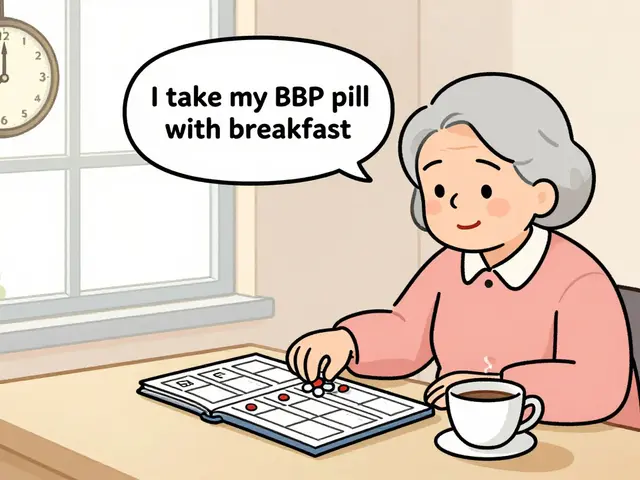Sleep disturbance: fast, useful tips and what to check first
Can’t fall asleep or wake up feeling exhausted? Sleep disturbance shows up in many ways — trouble falling asleep, waking often, poor daytime focus or feeling wired at night. The good news: small changes often help. The tough news: sometimes it’s a medical issue that needs treatment. Here’s what to try and when to get help.
Simple steps you can try tonight
Start with the basics. Set a fixed sleep and wake time, even on weekends. Dim lights and stop screens 30–60 minutes before bed — blue light tricks your brain into thinking it’s daytime. Cut caffeine after early afternoon. If you nap, keep it to 20–30 minutes and before 3pm. Make your bedroom cool, dark and quiet; consider blackout blinds or earplugs. Small, consistent changes beat dramatic one-off fixes.
Move during the day. A 20–40 minute walk or workout helps sleep quality, but avoid intense exercise within two hours of bedtime. Try a simple wind-down routine: warm shower, light reading, or breathing exercises for five minutes. If your mind races, jot down tomorrow’s to-dos to clear your head.
When meds, supplements, or medical causes matter
Some sleep problems come from meds, pain, reflux, anxiety, or sleep apnea. If you’re taking drugs like benzodiazepines or sedating antidepressants, sleep can change — and so can side effects. For example, learn more about Ativan (lorazepam) risks and safe use in our article "Ativan: Uses, Side Effects, and Safe Practices for Anxiety Relief." Melatonin and other supplements can help short-term; read our integrative GERD piece for how melatonin and herbs sometimes fit into treatment plans.
College students often face unique sleep patterns. If you’re studying late, stressed, or drinking irregularly, check "Sleep Disorders Among College Students: Effects on Learning and Performance" for practical fixes tied to student life.
Watch for red flags: loud snoring with gasps (possible sleep apnea), falling asleep involuntarily, severe daytime sleepiness, or sleep problems lasting more than three weeks. Also get urgent help if poor sleep causes suicidal thoughts, or if medications cause odd mood or behavior changes. Drug interactions matter — for instance, combining certain nerve or antidepressant drugs needs medical supervision; read "Understanding the Concurrent Use of Lyrica and Zoloft" before mixing treatments.
Want deeper reading? Browse related posts on PharmaServe like the Ativan article, the student sleep study, and our pieces on supplements and medication interactions. Each gives clear, practical advice and helps you ask the right questions at your next doctor visit.
If simple fixes don’t work after a few weeks, make an appointment. Ask about sleep tracking, a sleep diary, or a sleep study. A short visit can often find treatable causes and get you sleeping better again.
Try one change this week — set a consistent wake time or cut evening screens — and build from there. Better sleep usually comes from steady habits, not quick hacks.

In my latest blog post, I explored the connection between shift-work disorder and chronic pain. I discovered that individuals who work irregular hours or night shifts often experience disrupted sleep patterns, leading to a higher prevalence of chronic pain. This is because the body's natural healing processes are disrupted, and the stress on the body accumulates over time. It's important for those suffering from this disorder to try and establish a consistent sleep schedule, and seek medical advice if chronic pain persists. By addressing these issues, we can improve the overall health and well-being of shift workers.






